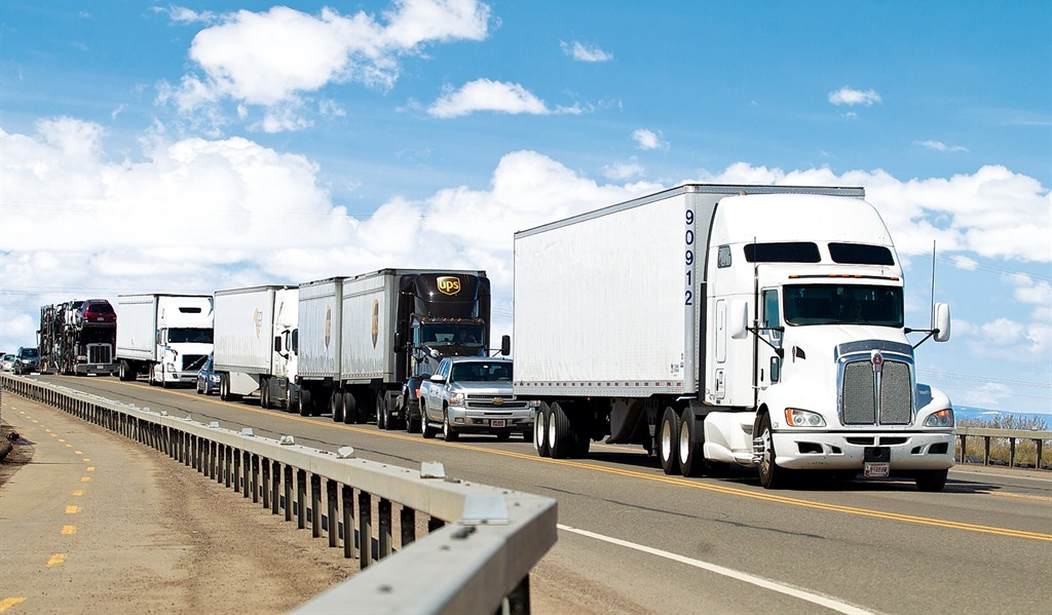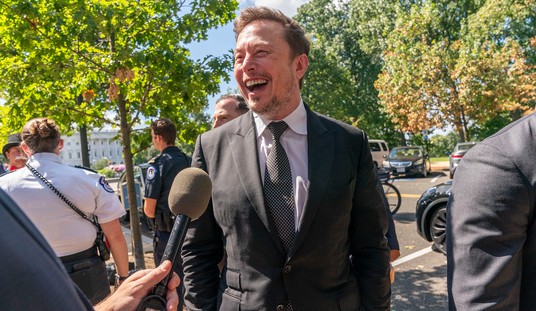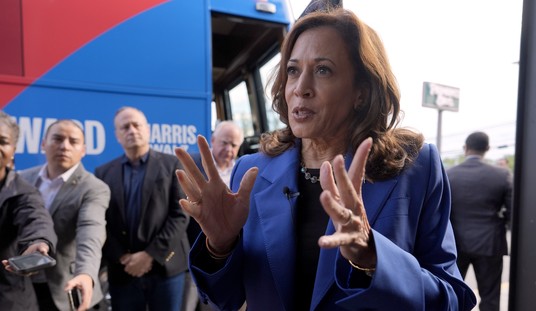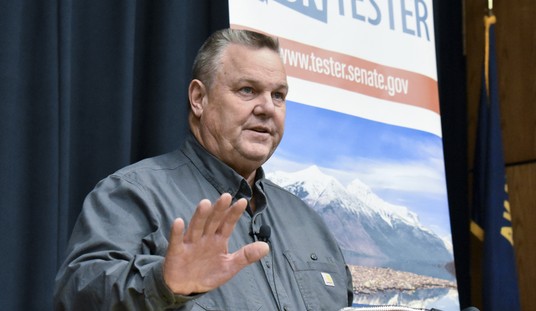I had an uncle who was a long-haul trucker. He loved the business and drove well into his 70s. He loved trucking; the only thing that proved able to stop him was a fatal heart attack. That came as a surprise to the family, as he was skinny as a fence rail and very energetic - but we can't always predict this kind of thing.
One of the things he loved about trucking was seeing the country. Uncle Coy was very gregarious and loved meeting new people. He always came back with tales of the places he had been and the people he met. He also loved the variety of goods he hauled; he liked being, as he saw it, an essential part of the American economy.
But he wouldn't have liked what's going on today in California. The once-and-former Golden State, to address their carbon emissions and the great leftist bugaboo of climate change, faces eliminating all of the state's "heavy-duty" truck fleet to meet their self-imposed 2045 emissions goals.
California must retire existing heavy-duty trucks to meet the state’s 2045 carbon neutrality goals, in addition to promoting the purchase of zero-emissions vehicles (ZEVs), a new study has found.
Stricter policies that cover both the rollout of zero-emissions trucks and the early retirement of gas-guzzlers could slash cumulative greenhouse gas emissions by 64 percent, according to the study, published on Monday in Environmental Research: Infrastructure and Sustainability.
Such a move could also reduce half of the state’s pollution-related mortality, particularly within disadvantaged communities, the study authors determined.
This is, of course, the purest of corral litter, suitable only for enriching lawns.
Here's where all this falls apart: There are no "zero-emissions" trucks. Electric trucks run on kilowattage that must be generated somewhere, and California's power grid is already badly overstretched. So instead of burning diesel fuel to move trucks, California ends up burning coal or natural gas to charge batteries to move trucks; either that or install tens of thousands more condor-killing windmills or landscape-devouring solar farms, which cannot be installed fast enough or in enough quantities to make up for the loss of coal and gas-powered generation. If the solution included nuclear power, that might tip the scales some, but nuclear power is not among the options Sacramento is considering.
This whole picture just doesn't make sense.
See Related:
MORTON: America Is 'Nothing Without Trucking'
For a New Solar Farm in California, Sometimes You Have to Kill a Tree to Save a Tree
The worst part about all this is that the forced retirement of existing vehicles and (by necessity) the mass purchase of electric trucks, along with the supply chain disruptions that will result in having to adjust shipping timetables to less efficient, slower, slow-to-recharge electric trucks, and you're looking at raising the cost of shipping. This will raise the costs not only of goods shipped from place to place in California but also of anything shipped through California, say, from the Port of Los Angeles, to anywhere else in the nation. That applies even if the trailers full of cargo are transferred to more traditional haulers at the Nevada border; the extra cost is an extra cost.
As for that last statement; I had a quick read through the actual study. The relevant statements about the "...particularly within disadvantaged communities" include:
Figure 6(B) shows mortality per capita by race. Across nearly all vehicle types, Latinos are the most impacted group, followed by Blacks, with the exception of buses, for which Black populations are the most impacted group, followed by Latino populations.
And:
Furthermore, we find that decarbonization policies will significantly reduce air pollution-related mortality, and that Black, Latino, and low-income communities will benefit most.
It doesn't take a great scientific mind to see the flaws in this argument. The first statement points out a data point: that somehow, black (no, I will not capitalize that, "black" in this context is not a proper noun) and Latino communities, if we take this at face value, suffer more mortality from tailpipe emissions and electrical generation emissions. Then, in the second statement, they flatly assert that reducing vehicle emissions will somehow balance this; but they do not explain why these communities suffer more mortality from tailpipe emissions, what forms those mortalities take, or what the impact would be from not reducing emissions, but simply moving them - which is what these policies will do.
As is so often the case in California, we have a study that is working backward from a conclusion, being leveraged to support a policy that will make life for California residents less convenient and more expensive.
But then, that's hardly new for Democrat-controlled jurisdictions, is it?














